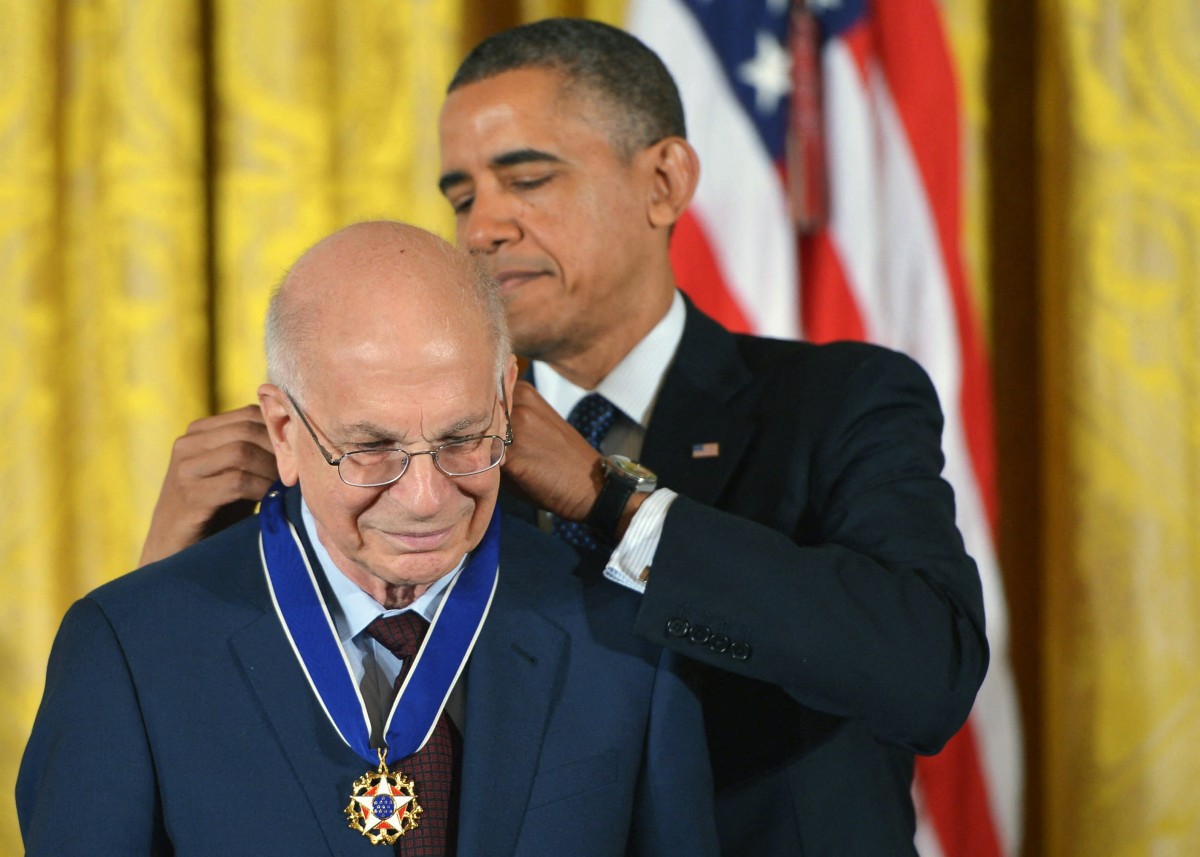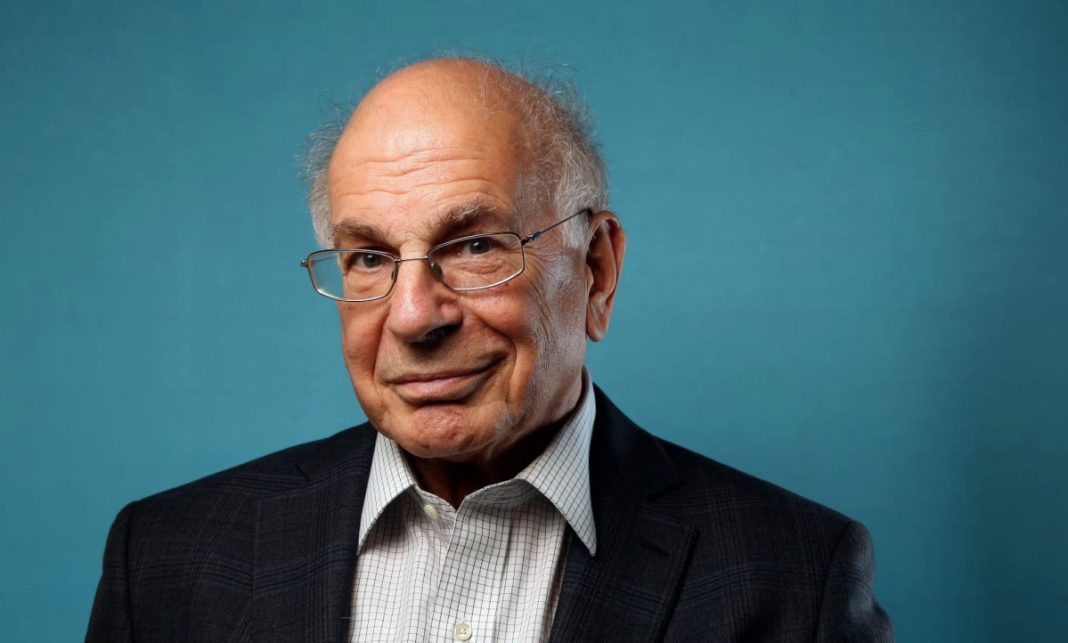NEW JERSEY, USA – Daniel Kahneman, the celebrated psychologist and Nobel laureate whose pioneering work in behavioural economics transformed our understanding of human decision-making, has died at the age of 90.
Princeton University, where he had served as a distinguished faculty member until his passing, confirmed his death on Wednesday, March 27, 2024.
Renowned for his bestselling book, Thinking, Fast and Slow, Kahneman challenged the traditional economic theory that human behavior is rooted in rational decision-making.
Instead, he posited that much of human action is driven by instinct and cognitive biases, a revolutionary idea that has deeply influenced economic thought and policy.
“Many areas in the social sciences simply have not been the same since he arrived on the scene,” stated Prof Eldar Shafir, a former colleague at Princeton, reflecting on Kahneman’s profound impact on the field.
In 2002, Kahneman’s contributions were recognized with the Nobel memorial prize in economic sciences, a testament to his groundbreaking integration of psychological insights into economic analysis.
Alongside his long-time collaborator, Amos Tversky, Kahneman developed theories that illuminated the often irrational yet predictable ways humans make decisions, from personal investments to everyday choices.

Born in Tel Aviv and a veteran of the Israeli national service in the 1950s, Kahneman’s work, along with Tversky’s, provided a stark counterpoint to the prevailing notion of the “rational actor” in economics.
Their research delved into the mental shortcuts and “subterranean quirks” that shape human thought processes, laying the foundation for what would become behavioural economics.
The location or cause of Kahneman’s death has not been disclosed, at the request of his family.
Barbara Tversky, Kahneman’s partner and the widow of Amos Tversky, herself a prominent figure in psychology as a Stanford University emerita professor, shared this decision.
Kahneman’s legacy is vast, touching various domains beyond economics, including psychology, public policy, and health.
His work has influenced not only academics and students but also policymakers and the general public, reshaping how they understand the interplay between thought, behaviour, and decision-making.
Reflecting on his career, Kahneman once modestly told The Guardian, “I didn’t expect to be a famous psychologist.”
Despite his humble aspirations, his joy in life and dedication to his work have left an indelible mark on the world.
Celebrated by peers like Steven Pinker as “the world’s most influential living psychologist,” Daniel Kahneman’s contributions will continue to resonate, shaping the future of social science and economics.







